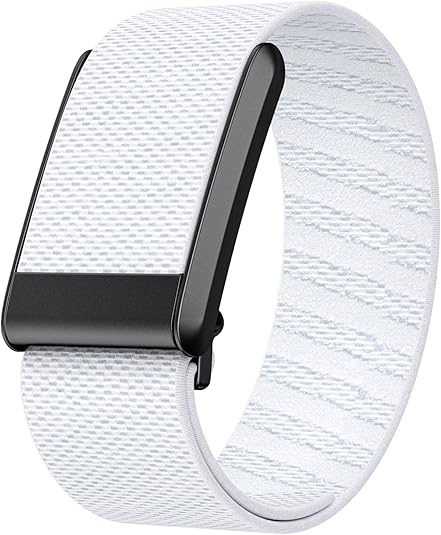Health-tracking wearables have become an essential part of modern wellness. Whether you’re a fitness enthusiast, someone managing chronic conditions, or simply looking to improve your lifestyle, wearable health technology provides real-time data to help you make smarter health decisions. From monitoring heart rate and sleep quality to tracking physical activity and stress levels, these devices are transforming how we take care of our bodies.
In this guide, we’ll explore the benefits, features, and future of health-tracking wearables, along with the best options available in 2025.
Gut Health Awareness: Why Your Microbiome Matters
What Are Health-Tracking Wearables?
Health-tracking wearables are smart devices worn on the body—typically as a wristband or smartwatch—that monitor various health metrics. These include:
Heart rate
Steps and activity levels
Calories burned
Sleep patterns
Blood oxygen (SpO2)
Stress and mood tracking
With sensors and algorithms working in real-time, these smart health devices help users stay on top of their physical and mental health.
Why Health-Tracking Wearables Matter
The surge in wearable health technology isn’t just a trend—it’s a wellness revolution. Here’s why:
🩺 Personalized Health Insights
Wearables offer daily and weekly trends in your physical activity, sleep, and heart health, allowing you to customize your fitness and wellness routine.
⏱ Real-Time Data Access
A heart rate monitor watch gives live updates during workouts or rest, helping users stay within safe and effective training zones.
💤 Better Sleep Quality
Using a sleep tracker wearable helps detect sleep stages, disturbances, and overall rest quality to support mental and physical recovery.
📊 Early Detection of Health Issues
Advanced wearables can detect irregular heart rhythms or unusual patterns, alerting users to seek medical advice.
OpenAI’s GPT-5 Shines in Coding Tasks
Best Features to Look For in Health-Tracking Wearables
| Feature | Benefit |
|---|---|
| Heart Rate Monitoring | Real-time heart health tracking for exercise and rest |
| Sleep Tracking | Analyze deep, light, and REM sleep cycles |
| GPS and Workout Tracking | Accurate distance, pace, and route mapping |
| SpO2 Monitoring | Measures oxygen saturation levels in the blood |
| Calorie Tracking | Helps with weight loss or maintenance goals |
| Stress and Mood Monitoring | Uses HRV (heart rate variability) to measure emotional state |
| Long Battery Life | Ensures uninterrupted tracking |
Top Health-Tracking Wearables in 2025
Here are a few popular fitness smartwatch and health-tracking wearables leading the market:
1. Apple Watch Series 9
ECG monitoring
Sleep and blood oxygen tracking
Fall detection and workout auto-detection
2. Fitbit Charge 6
Comprehensive fitness tracker
Guided breathing sessions
Sleep tracker wearable with detailed sleep stages
3. Garmin Venu 3
Advanced sports tracking
Heart rate monitor watch with VO2 max insights
Body Battery™ energy monitoring
4. Whoop Strap 4.0
No screen, data delivered via app
Optimized for recovery and strain tracking
Excellent for athletes and biohackers
The Future of Wearable Health Technology
With rapid innovation, the future of health-tracking wearables is promising. Upcoming advancements include:
Blood sugar monitoring without needles
Early disease detection using AI algorithms
Personalized health coaching through smart apps
Integration with medical records and telehealth platforms
Wearables are increasingly becoming not just fitness accessories but essential smart health devices for managing daily wellness.
Frequently Asked Questions (FAQ)
1. Are health-tracking wearables accurate?
Yes, modern health-tracking wearables use advanced sensors and algorithms for reliable measurements. Accuracy improves with consistent usage and proper placement.
2. Can wearables help with weight loss?
Absolutely. Devices track steps, calories, and workout performance, helping users stay accountable. A fitness tracker is especially useful for setting and meeting weight goals.
3. Do wearable health devices monitor mental health?
Yes. Many smart health devices now include stress tracking, mood analysis, and mindfulness features using HRV and other biofeedback signals.
Final Thoughts
As technology continues to evolve, health-tracking wearables are becoming indispensable tools for anyone who wants to live healthier, more informed lives. Whether you’re training for a marathon or improving your sleep routine, these fitness smartwatches and trackers give you the power to take charge of your health—one step at a time.
👉 Ready to transform your wellness routine? Discover the best health-tracking wearables today!














